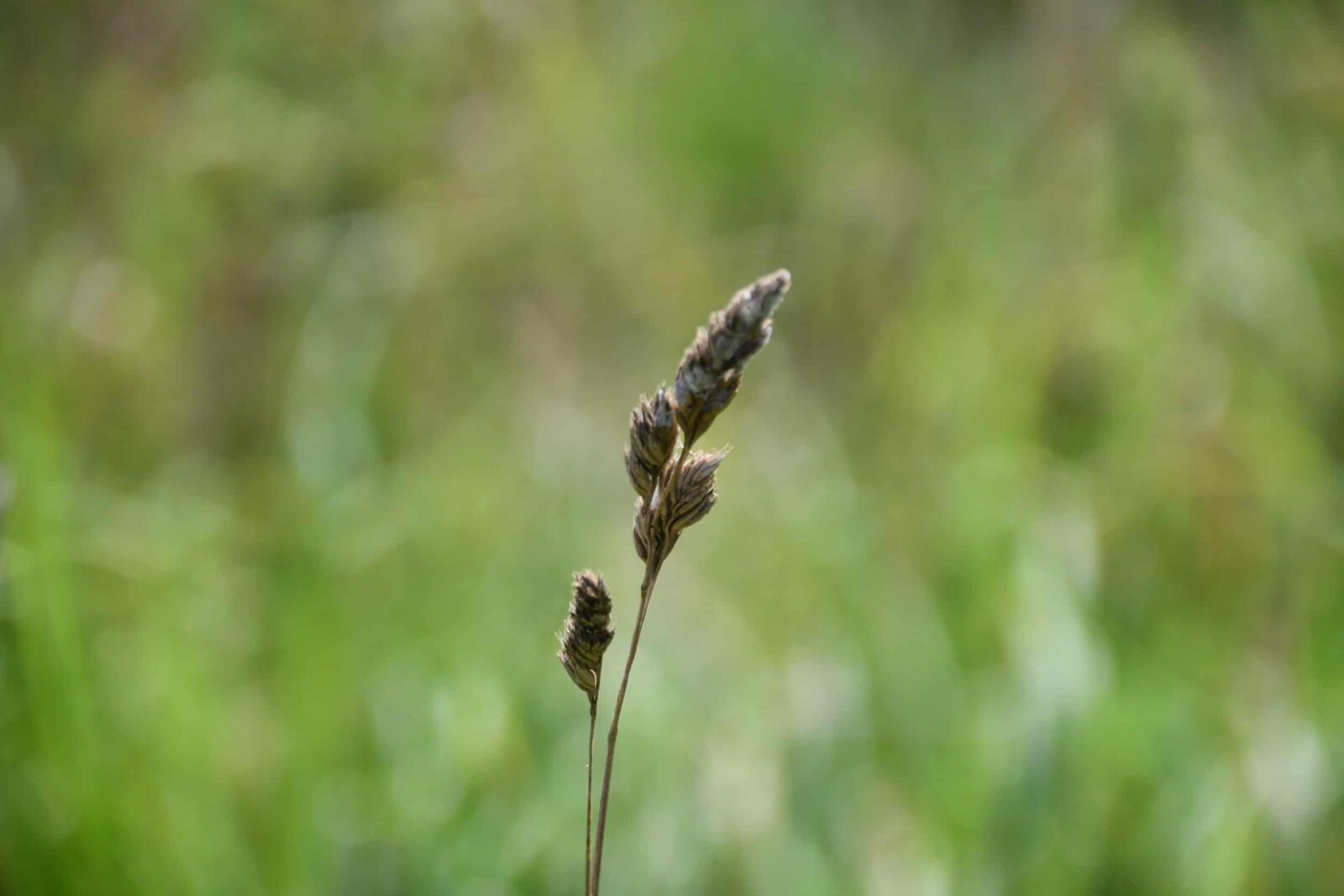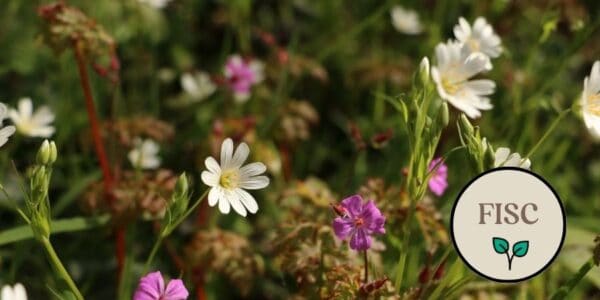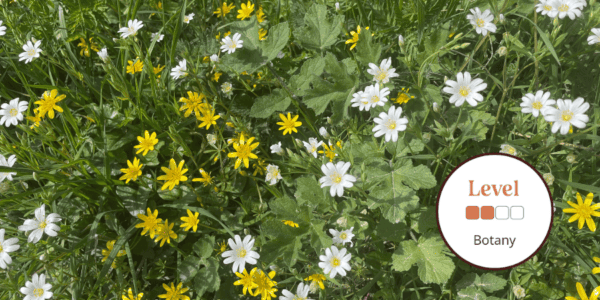The National Vegetation Classification system is a standard technique used by ecologists and conservation agencies to describe the various plant communities within Britain. Grasslands are intricate systems composed of communities of species determined by factors such as drainage, nutrient status, altitude and management. This course will explain the methodology, with a specific emphasis on identifying grassland indicator species. You will also be introduced to a range of different communities and explore the tools and techniques available to support correctly classifying a community.
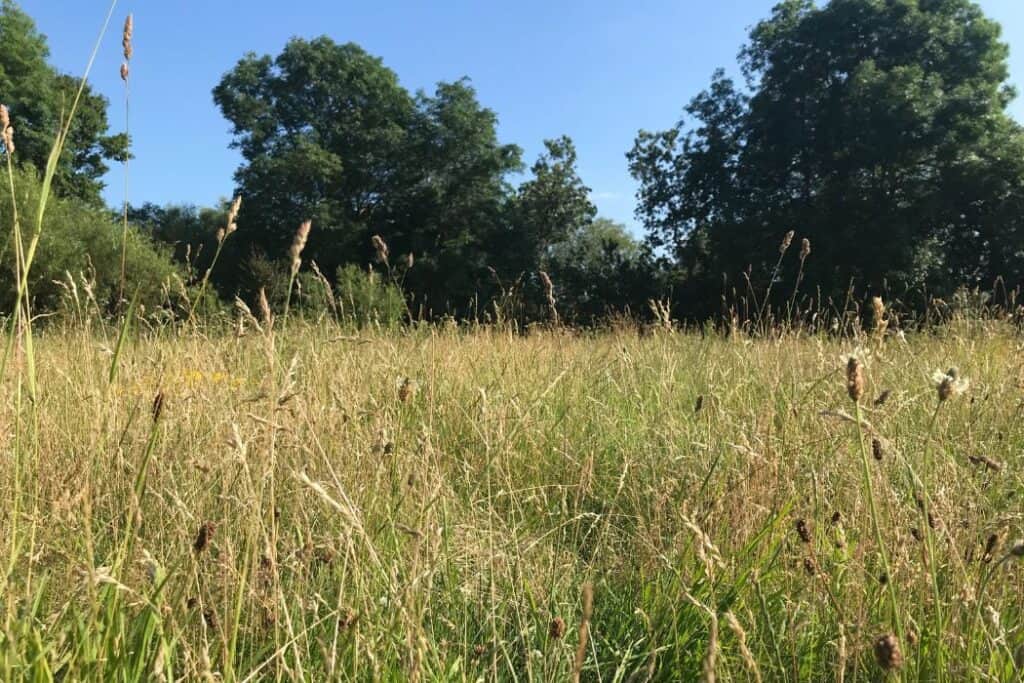
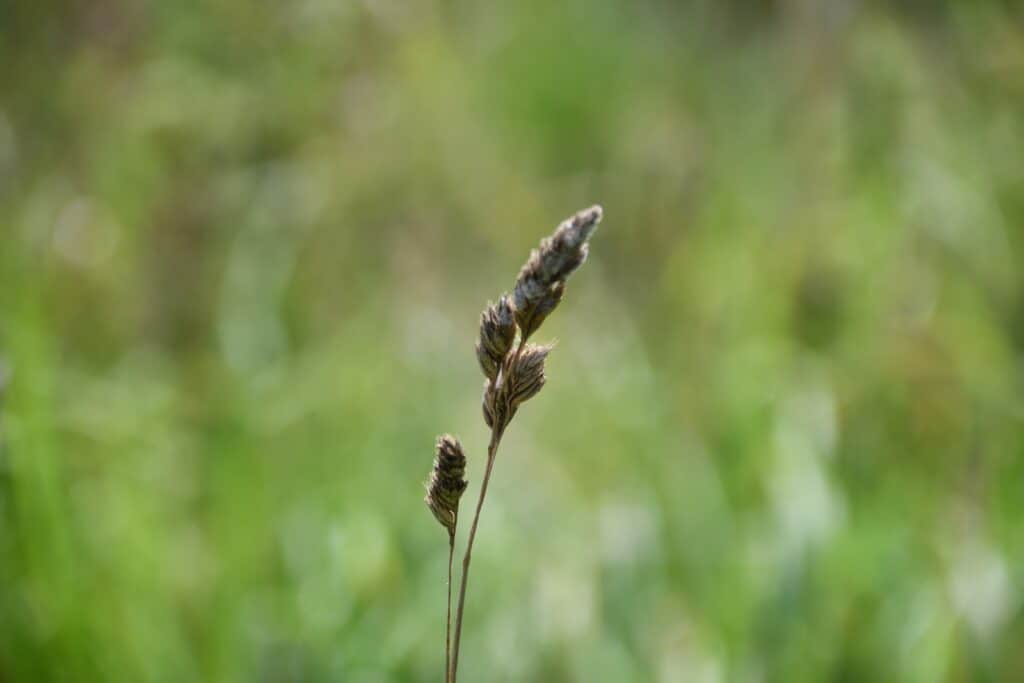
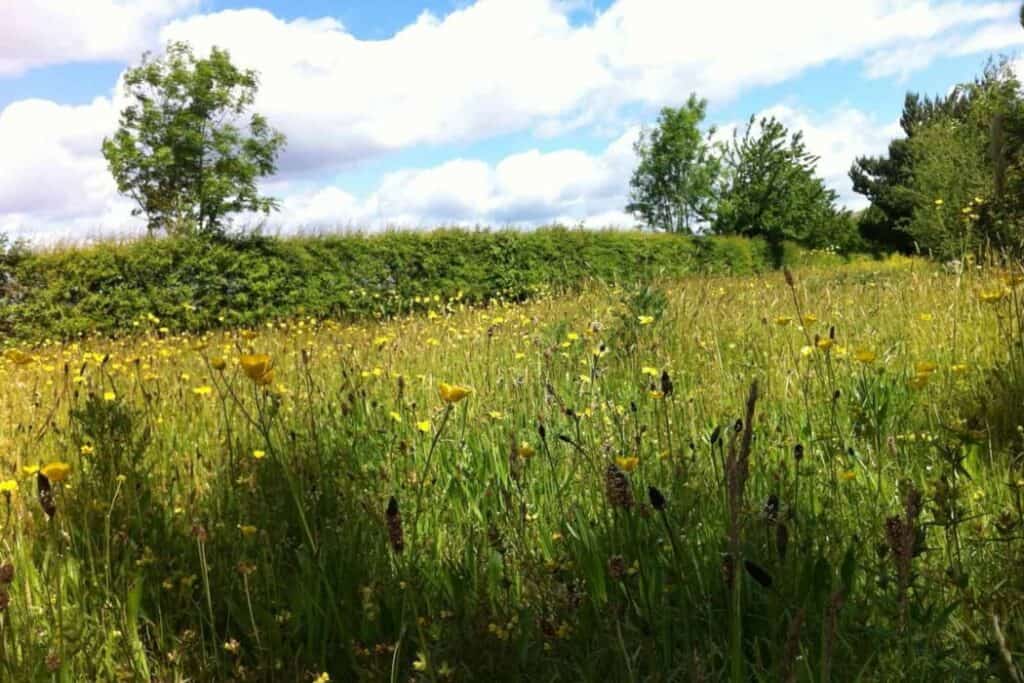
Read More
Grasslands are intricate systems composed of communities of species determined by factors such as drainage, nutrient status, altitude and management. This course will introduce you to a range of different communities and explore the tools and techniques available to support correctly classifying a community. You will take a deep dive into phytosociology, different habitats and their characteristic species, and how to identify them using a range of survey techniques. You will also cover different methods of analysing collected data and how to interpret results to create a report.
Your course will take place at the Preston Montford Centre which is nestled in the heart of Shropshire and surrounded by a diverse natural environment to immerse yourself in, including the River Severn and semi-ancient woodland.
Who Should Attend? – Natural history enthusiasts, students, rangers, ecologists, and environmental professionals. This intermediate level course is open to anyone with some background knowledge of the subject. This course is for those aged 18 and over only.
Knowledge Level – Intermediate. Level descriptors can be found on the following web-page: Framework and Course Level Descriptors
There are two booking options which all include course tuition, meals and refreshments:
- Non-Resident (Breakfast not included)
- Resident (Sole Occupancy)
For course bookings including accommodation please note that bathroom facilities may be shared.
MMU Student Information
MMU students – please email [email protected] to book your course place.
Accreditation
This is one of a series of courses (units) run jointly with Manchester Metropolitan University (MMU) contributing to the MSc ‘Biological Recording and Ecological Monitoring’ and the ‘Postgraduate Certificate in Biological Recording’. To gain university credits you must be registered for the programme in advance of this course. For further details please contact:
Department of Natural Sciences, Manchester Metropolitan University, (Shrewsbury Office). E-mail: [email protected]
The Unit will be assessed through, for example, identification tests, survey reports, field journals, production of keys, essays or other forms of assessment.
Example Timetable
This timetable is subject to change but should give you a good idea of what to expect from the course.
Friday:
Please arrive in time for the evening meal at 18:30pm
Evening
Introduction to the NVC: The history of phytosociology; why it was created; the methodology for use over the next two days; questions; identification of acid grassland species.
Saturday:
Morning
Classroom: Identifying plants: populating floristic tables; how to use a key; how to use a hand lens; using domin values to record abundance data; maps and equipment; safety in the field.
Afternoon
Looking at acid grassland: where to locate a quadrat; practice using keys for grasses and herbs; what should be recorded?; the importance of recording data efficiently and accurately on site.
Evening
Why there is a need to classify vegetation types - the ecological hierarchy; collating the data that has been recorded today to create a floristic table; introduction to the key in the NVC Handbook.
Sunday:
Morning
Looking at mesotrophic grassland: practice using keys for grasses and herbs; recording quadrats; mapping.
Afternoon
Looking at calcareous grassland: practice using keys for grasses and herbs; recording quadrats; mapping and the story.
Evening
Classroom: collating the data that has been recorded today to create a floristic table.
Monday:
Morning
Using MATCH, TABLEFIT and MAVIS to analyse the data that was collected yesterday; interpreting the data and results; report writing.
Afternoon
Classroom: where next for the NVC?; focus on the assessment.
What's Included
- Classroom learning covering the theory of the subject
- Field excursions to apply new knowledge
- Expert tuition for which we are renowned
- Clear objectives and progression
- All meals provided
You can rest assured that the absolute best content from an expert in environmental education will be provided. In choosing this course, you will be joining thousands of people who learn with us each year.
Bursaries and Subsidies
Natural History Bursaries
There are a number of natural history bursaries available to help with the cost of your course. To find out if you and your chosen course are eligible, read more here.
Before You Attend
What to Bring
- Normal field work clothing, walking boots/wellingtons and waterproofs plus a small rucksack
- Plant identification books
- Clip boards/weather writers
- Hand lenses (preferably x20) – Available from the Centre Shop
- Any plant ID field guides
- A sandwich box and a vacuum flask, are very useful.
Recommended Reading
- Rodwell, J.S. ed. (1991) British Plant Communities Vol.3 Grasslands and Montane Communities. CUP
- Rodwell, J.S. ed. (2000). British Plant Communities. Vol. 5 Maritime communities and vegetation of open habitats. CUP
- FSC Foldout chart: Plant identification for Phase 1 habitat survey. Grassland and marsh.
- Wallace, H. and Prosser, M (2017). A review of the National Vegetation Classification for the Calthion group of plant communities in England and Wales. Natural England Joint Publication JP021. Available to download here.
- Please bring copies with you if you have access to them.
Opportunities to attend this course
-
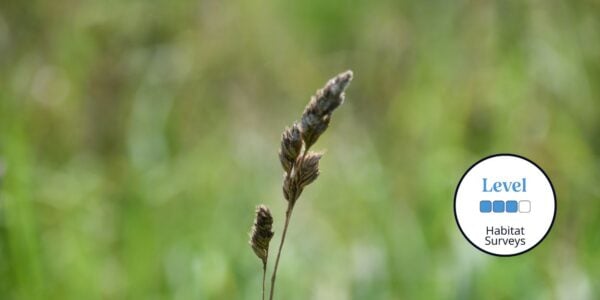
Fri 28, June 2024 18:30 - Mon 01, July 2024 16:30
MMU students - please email [email protected] to book your course place.
Sorry this course is out of stock
Progress Your Learning
This is a training course from the Field Studies Council, delivered by expert tutors with an approachable learning style. After attending this course, you may like to progress your learning with further relevant courses or branch out into other areas of natural history. The Field Studies Council offers both online and in person courses, so you can choose the learning style that suits you best.
The course gives you the opportunity to immerse yourself in a new subject and acquire novel skills. Our online portal gives you time to study at your own pace and fit the lessons around your own schedule.
If you have any questions about our online courses please check our Frequently Asked Questions
Please email [email protected] if you have any questions.
Group Bookings Made Easy
If you have a group of 10 or more individuals wanting to complete one of our courses, our team are available to discuss your options – from discounts to private team courses. Find out more!
You can rest assured that the absolute best content from an expert in environmental education will be at your fingertips. In choosing a Field Studies Council course, you will be joining thousands of people who learn with us each year.

